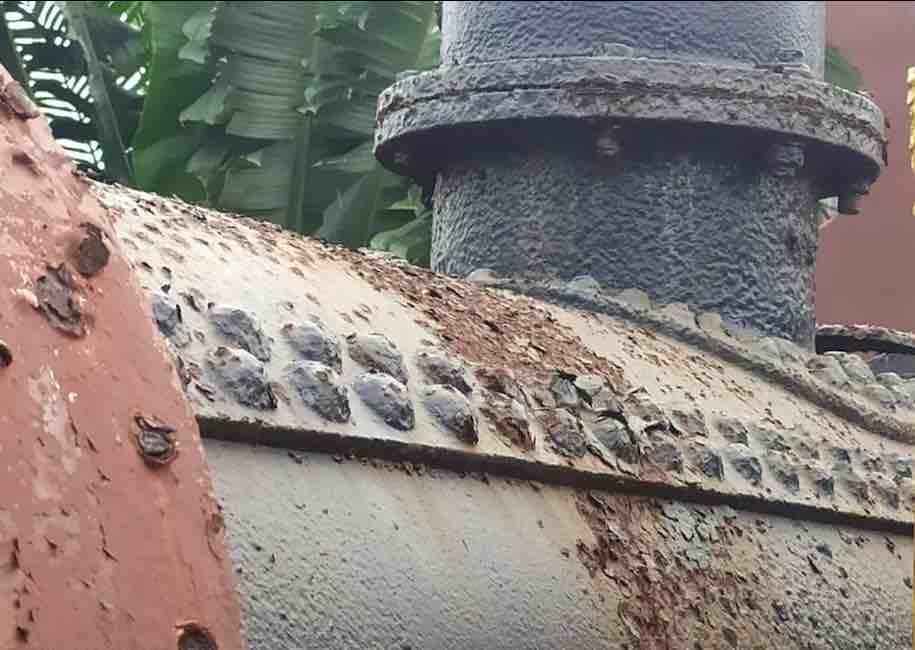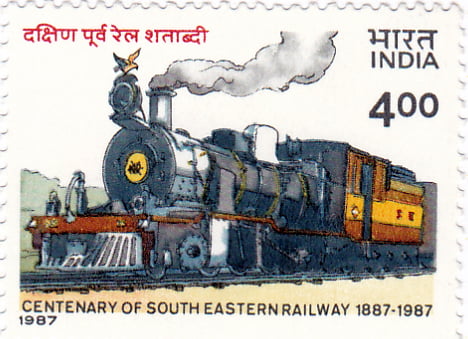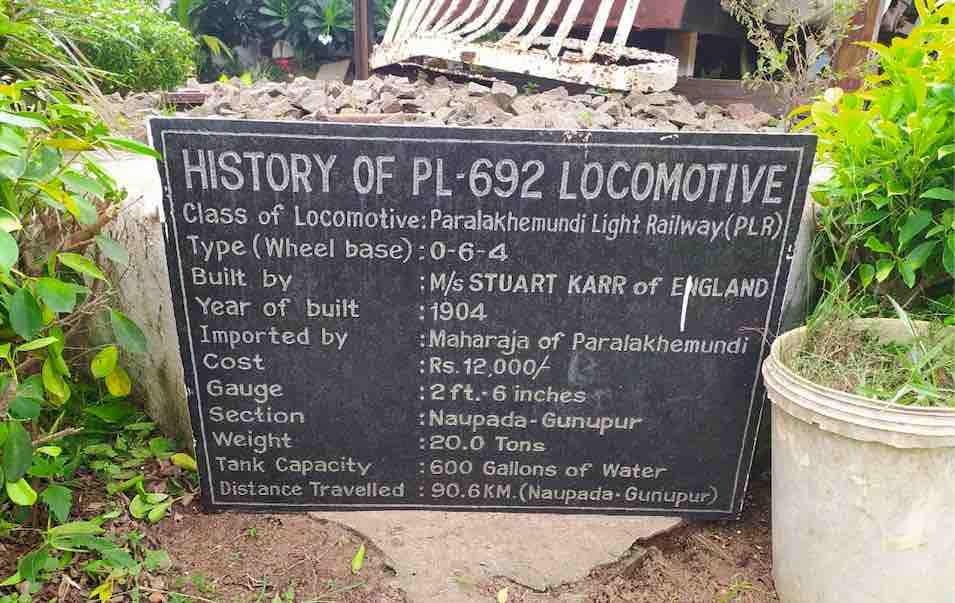“The steam engine has done much more for science than science has done for the steam engine.” ― Lord Kelvin.
Mounted just a hundred metres from the beach, the engine has been buffeted by the sea wind for decades. A beautiful artefact of a glorious era left behind; today it is rust encrusted and decaying relic, in a sad and pathetic state. When I had first seen it years ago at Paralakhemundi, it was in a working condition, just some coal and water would have sent it chugging. Even when it was lugged all the way to Puri to be kept at the erstwhile iconic BNR Hotel, it was a beautiful and grand machine.
For the heritage hotel, with its 34 well-furnished rooms with timeless grace of Victorian vintage, the engine in front was a feather in the cap of its 91 years history. The railways took good care of the old engine till they managed the hotel, but when Lalu Prasad Yadav gave it to the Chanakya Group in 2007; the new owners gave the old property a facelift but left the engine to rot.

The saline air of the place spelt the doom of the engine and rust has corroded it completely. The roof of the engine has withered away; there are rust scales on the boiler, wheels and chimney. This old Methuselah featured in one of the postage stamps issued during the 1987 centenary celebrations of the South Eastern Railways. Whenever I was in Puri, I had always made it a point to visit the place just for the engine.

The Paralakhemundi Light Railway, a two feet six inches gauge railway, was the brainchild of the erstwhile Raja of Paralakhemundi, who had decided to connect his capital with Naupada. With the government giving the sanction in 1898, work began in full earnest and the line was opened to traffic in 1900.
Due to a change in the policy of the British Government, the Bengal Nagpur Railway, popularly known as the BNR, took over the northern section of East Coast Railway from Vizianagaram to Cuttack, including the Branch Line of Puri in 1902 and the working of the PLR too was taken over by them. The Raja extended the line to Gunupur in two phases in 1929 and 1931.

Four engines had been imported from England’s Kerr Stuart & Company, Trent in 1928. These 20-ton 0-6-4 tank locomotives with small 27-inch diameter coupled wheels had an axle load of only 4.75 tons. Later, when diesel engines were introduced in the Mayurbhanj Light Railways, four 0-6-0 T Kerr Stuart built locos were transferred to the PLR. In 1987, when I had first set my eyes on these beauties, eight locomotives were homed at the Naupada shed. Diesel took over from steam on April 23, 1992, and these engines were history. Only five of these have been preserved.
PL 691 had been plinthed outside the Southern Railway’s Headquarters at Chennai. PL 692 was plinthed outside BNR Hotel at Puri; PL 693 is outside the Vizianagaram Station, while PL 694 and 697 are in Visakhapatnam, one on the Ramakrishna Beach the other outside the Station. All are in a well-preserved state, except for the one at Puri.

The East Coast Railways are planning a museum at their Headquarters in Bhubaneswar. This engine should be removed from Puri, properly restored and kept there. The least they can do is to immediately give it a coat of paint to check further rusting.
I recollect that during a stay at the place in 2005, I had leafed through the visitor’s book which had signatures of Nehru, Edwina Mountbatten, Khan Abdul Gaffar Khan and John Kenneth Galbraith. The small display case near the reception had original silver cutlery, odd shells, ossified sea horses, photographs etc. I wonder where all these have gone?


